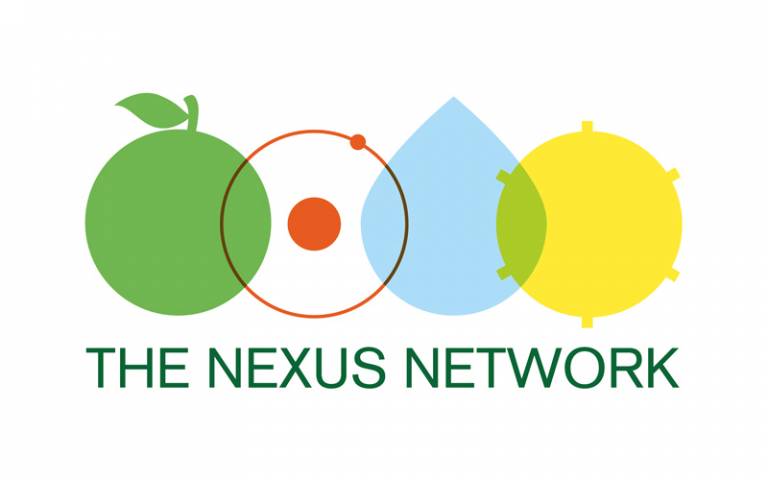IGP hosts Nexus Network event on transdisciplinary research
11 May 2018
The Nexus Network supports transdisciplinary research at the food-water-energy-environment nexus to create links between communities of researchers, policymakers, business leaders, and practitioners

The IGP hosted a Nexus Network workshop on the capacity of research communities to deliver inter and transdisciplinary research. The workshop was an opportunity for those engaged in such research to explore and pilot innovative methods for evaluating their own researcher capabilities, and the capacities of their research networks.
Professor Henrietta Moore gave the welcoming address exploring questions of inter- and trans-disciplinarity as they relate to the nexus of food, water, energy and environment and linked these to the need for the co-design of more prosperous futures. Dr Davies spoke on the nature of the IGPs trans-disciplinary work in Marakwet Kenya.
ABOUT THE WORKSHOP
Inter- and transdisciplinary research practices are often explicitly encouraged by funders seeking to steer research towards addressing ‘grand challenges’. Strategies employed by funding agencies, such as SDGs, Horizon2020; Belmont Forum, GCRF and NSF Grand Challenges, often include efforts to increase and enhance the interdisciplinary research capacity of research organisations, as well as the individual and collective interdisciplinary capabilities of their researchers.
Acknowledging such incentives and strategies of funding bodies, this workshop brought attention to the nature of the relationships developed from research orientated towards ‘global challenges’ and assess the attendant changes to both the capacity of research communities and the capabilities of individual and collective researchers to engage in these relationships productively.
OUR APPROACH
Participants in this workshop piloted a mixed-methods evaluation framework, developed and tested by researchers based at the Science Policy Research Unit (SPRU) at the University of Sussex, to assess their own research projects. This evaluative framework allows researchers to understand how the diversity of their collaborative transdisciplinary interactions has changed during the course of their project, and to measure and compare these changes for the organisational benefit of future research.
 Close
Close

